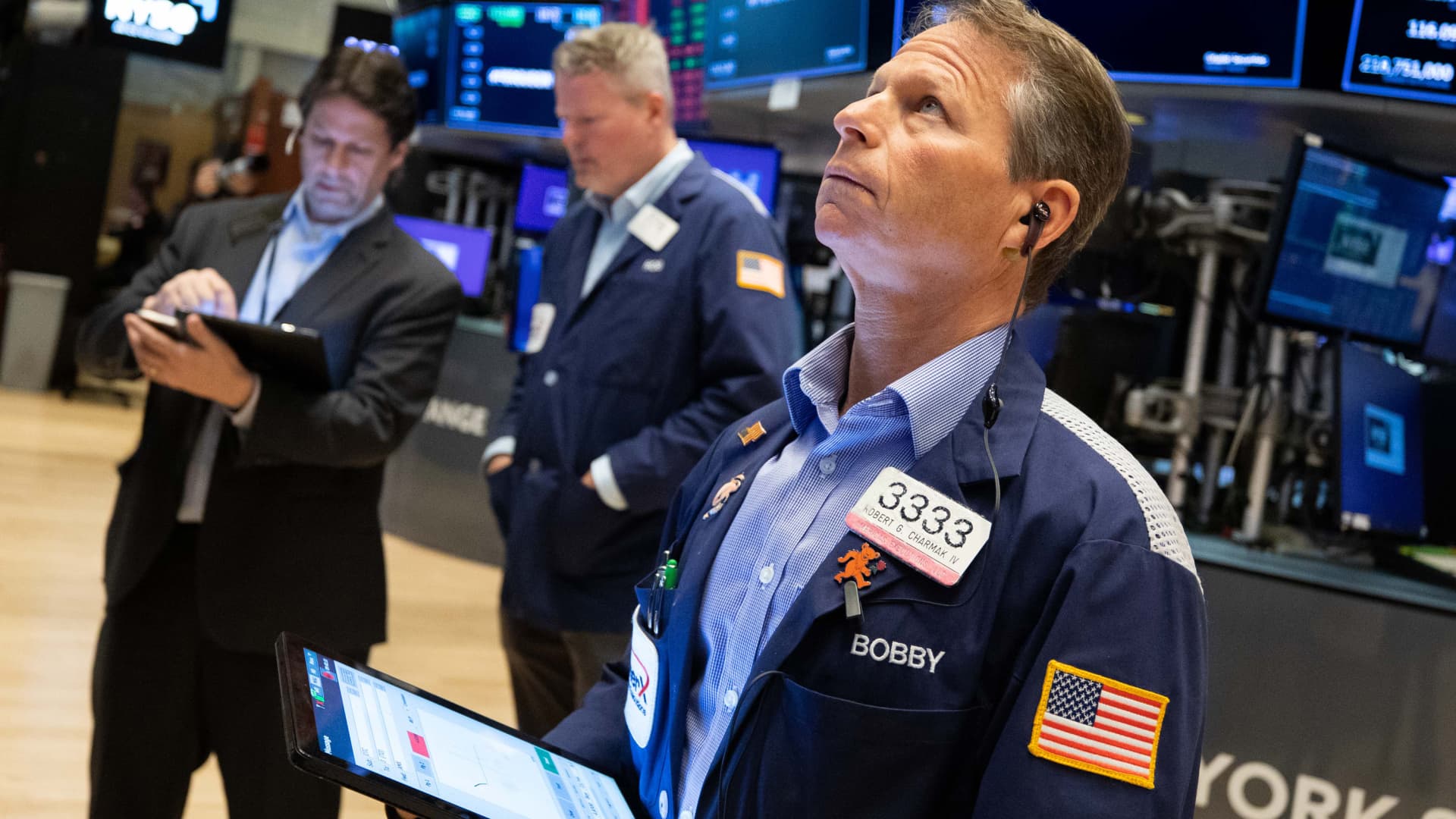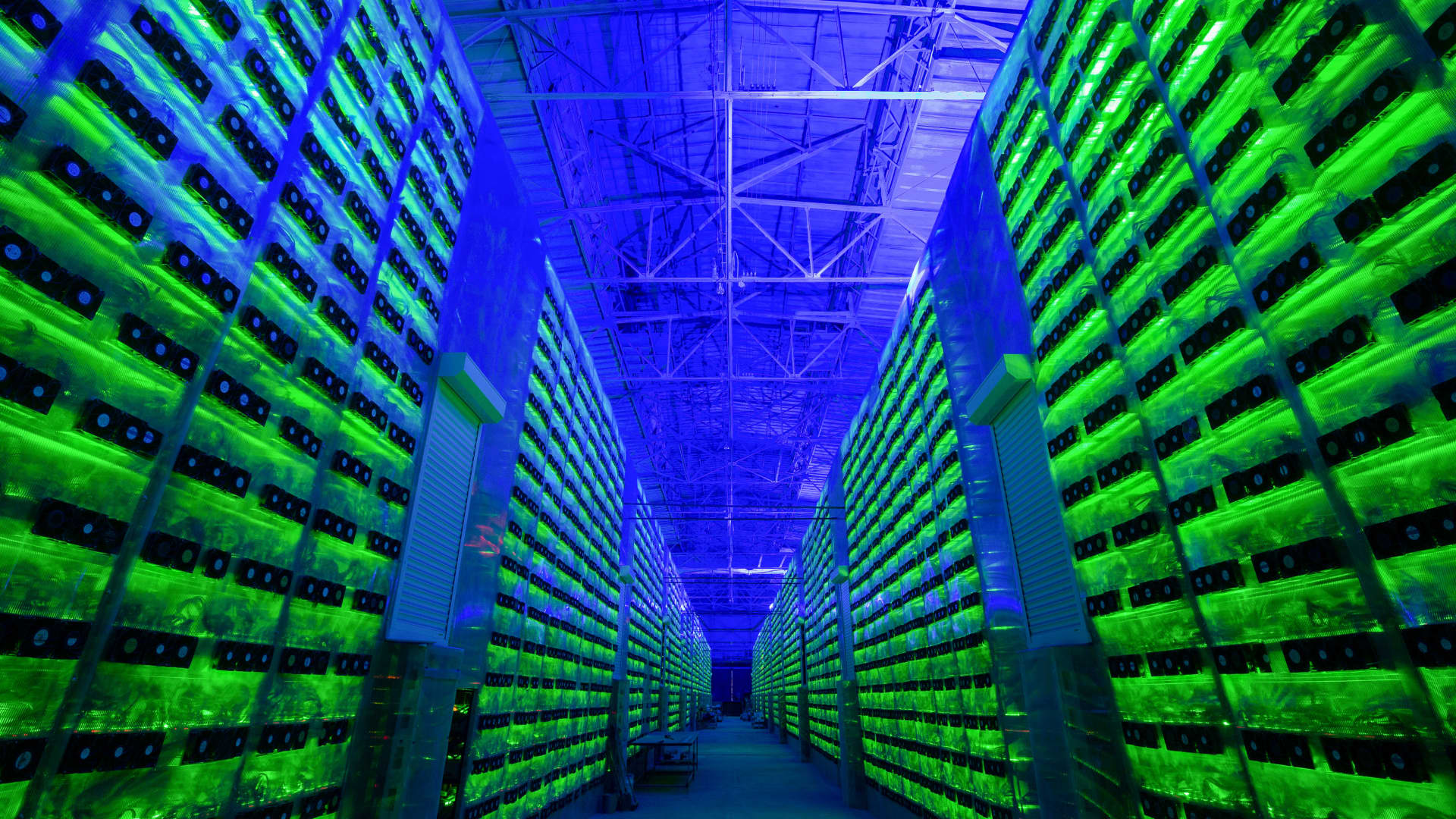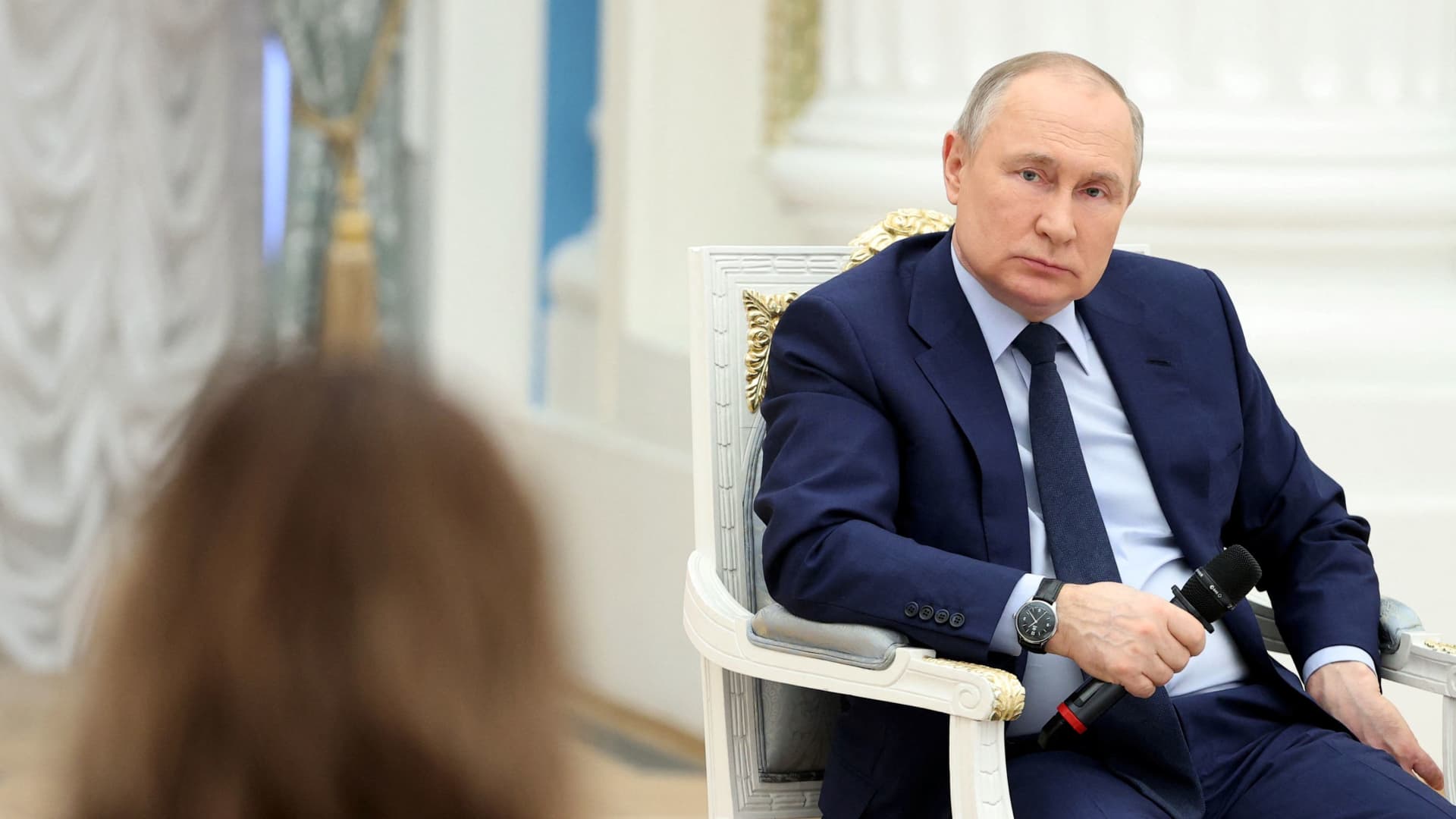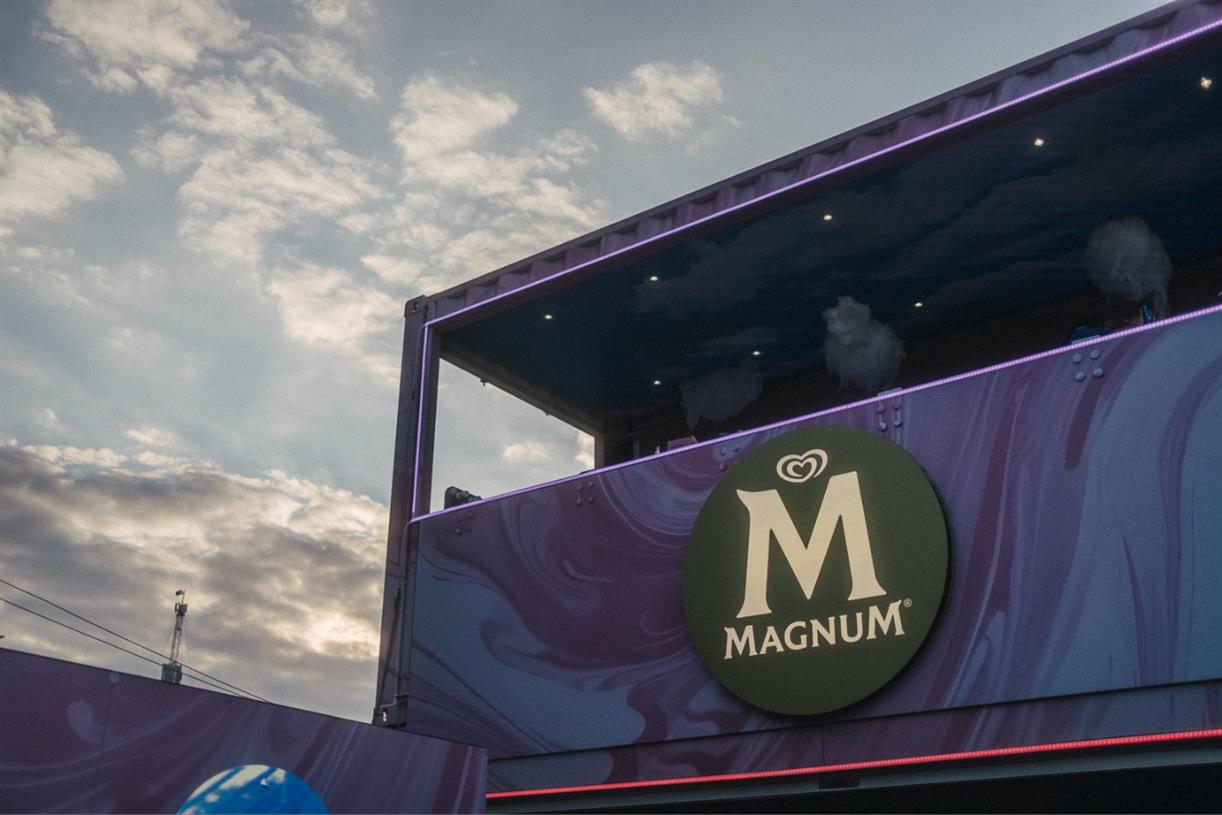Peak inflation in Europe 'is almost within reach,' European Central Bank member says
Peak inflation "is almost within reach" in the euro zone, an ECB governing council member told CNBC.
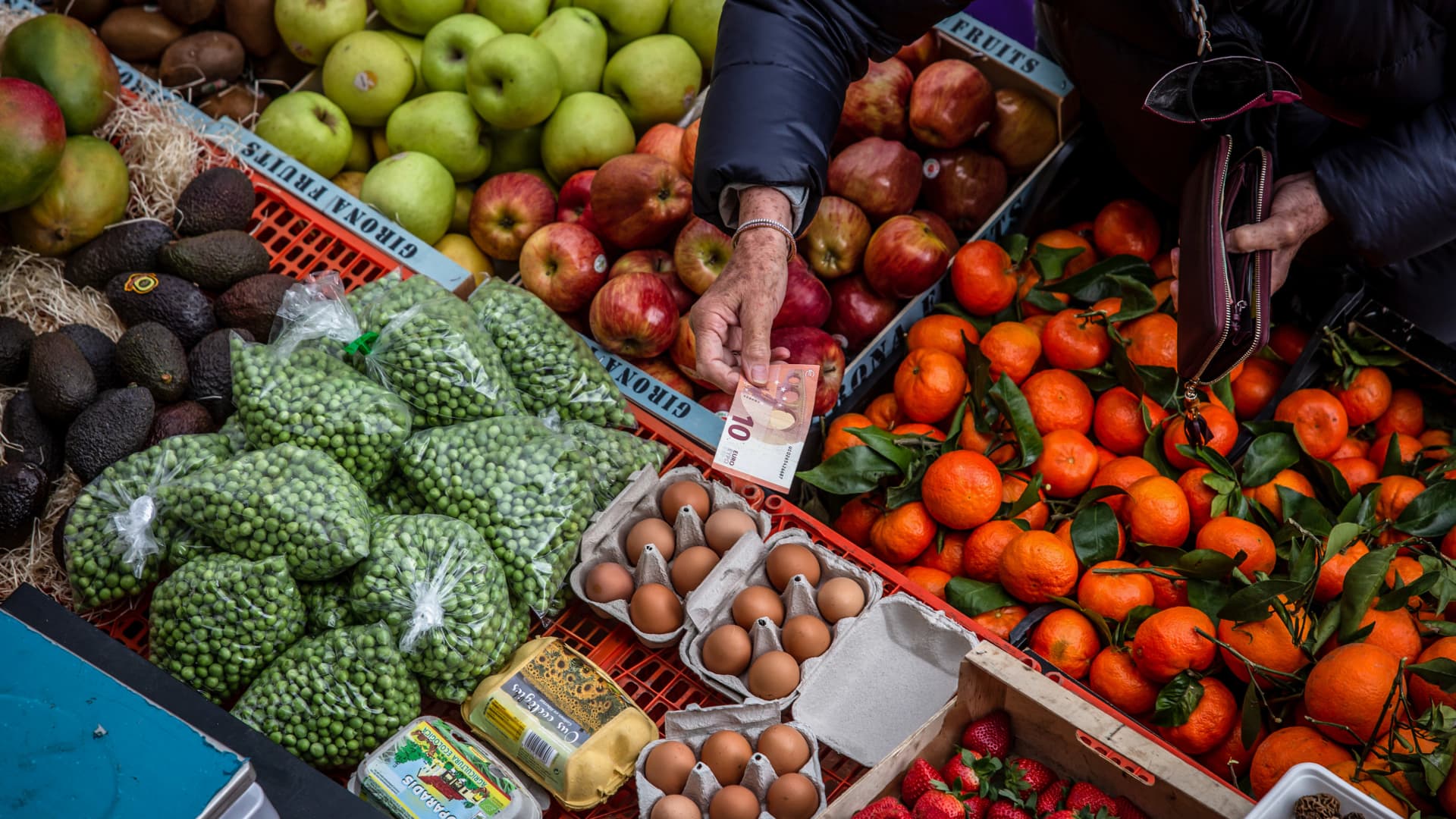
Inflation in the euro zone remains well-above the ECB's target, as energy and food prices soar.
Bloomberg | Bloomberg | Getty Images
Peak inflation "is almost within reach" in the euro zone, a European Central Bank Governing Council member told CNBC Thursday.
The euro zone has been battling against surging inflation for about a year, with Russia's invasion of Ukraine accentuating those inflationary pressures. In September 2021, headline inflation in the euro area stood at 3.4%, which represented a 13-year high. These numbers have, however, moved rapidly higher with headline inflation hitting a historic high of 10.7% last month.
But one ECB member believes that price growth could be about to come down.
Peak inflation "is almost within reach," Edward Scicluna, who's also the Governor of the Bank of Malta, told CNBC exclusively. He cautioned, however, that there are a lot of uncertainties and that the central bank remains data dependent.
The European Central Bank is publishing new economic forecasts in mid-December when it gathers for another rate decision. Back in September, the central bank forecast an annual inflation rate of 8.1% this year and of 5.5% for 2023. The ECB's mandate is to work toward a headline inflation of 2%.
"The fact that the U.S. and Germany are mentioning the word 'peace,' not that it is happening tomorrow, but the fact that investors hear that word it's a positive event in itself," the senior ECB official said, referring to the Russia-Ukraine war, which could be a possible reason for price rises to cool.
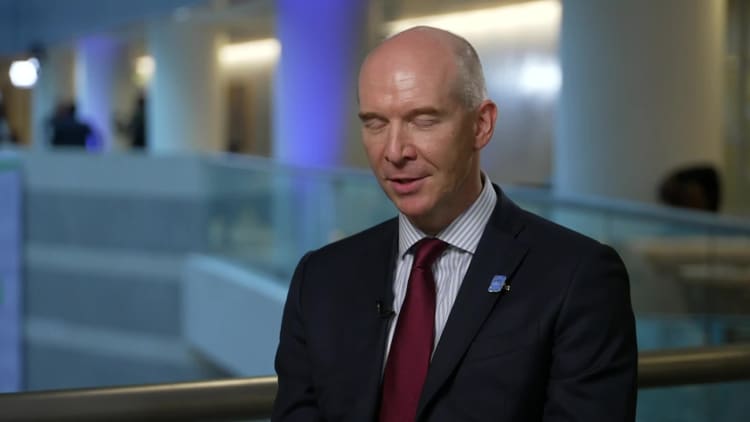
U.S. officials have reportedly urged Ukraine to show it is open to a diplomatic resolution regarding the conflict. Earlier this week, Ukraine President Volodymyr Zelenskyy outlined five conditions for peace negotiations with Russia.
Any end to the conflict, which began when Russia invaded on Feb. 24, would help with food supplies and prices, for example. In addition, energy prices over the last few months have remained somewhat stable and far from their historic highs seen in August. Soaring costs with energy have been the main driver of higher inflation across the euro zone.
Given the historic levels of inflation, the ECB has announced three rate hikes this year, bringing the main rate from negative territory to 1.5% currently. Market players have priced in another rate increase for December.
The Governing Council raised rates by 75 basis points in both September and October, with markets expecting an increase of 0.5% for December.
"As of today, I don't see a repeat of the previous rate hike," Scicluna said, suggesting that market expectations are currently in line with some of the thinking inside the euro zone's central bank.
Earlier this month, ECB President Christine Lagarde said that her team needed to keep increasing rates despite the economic slowdown. "We will have further rate increases in the future," Lagarde said in an interview with a Latvian news outlet Delfi.
Stateside, the consumer price index rose less than expected in October, according to data released Thursday. The latest print suggests that although inflation is still high, it has perhaps started to cool.

 Tfoso
Tfoso 








